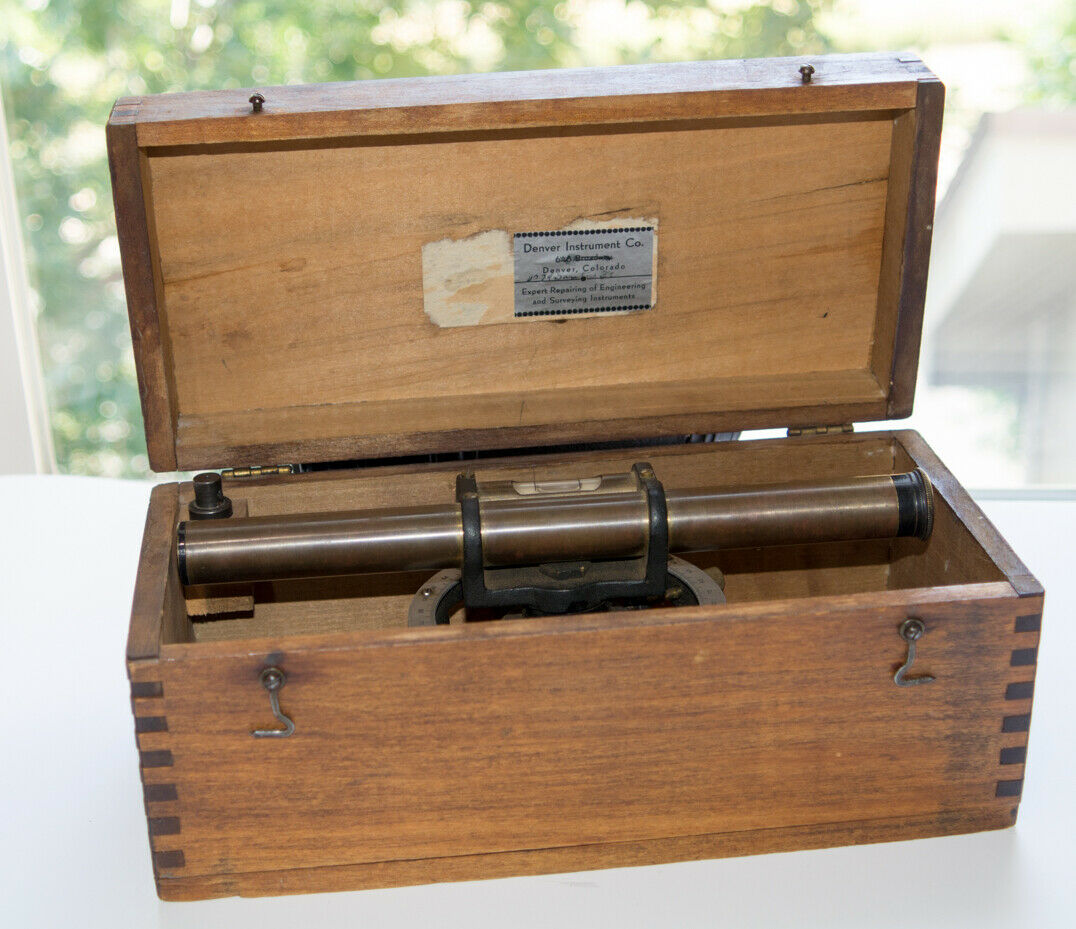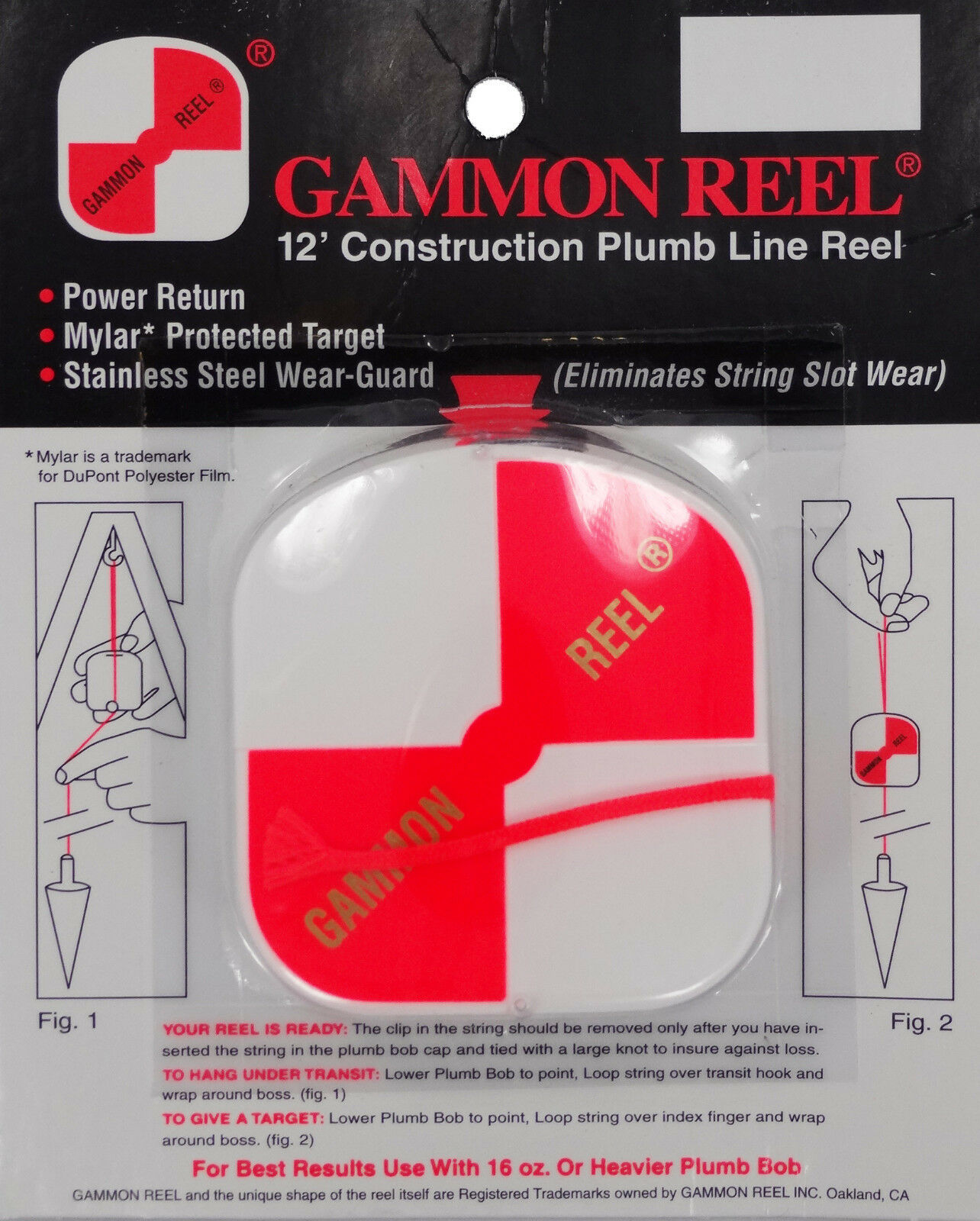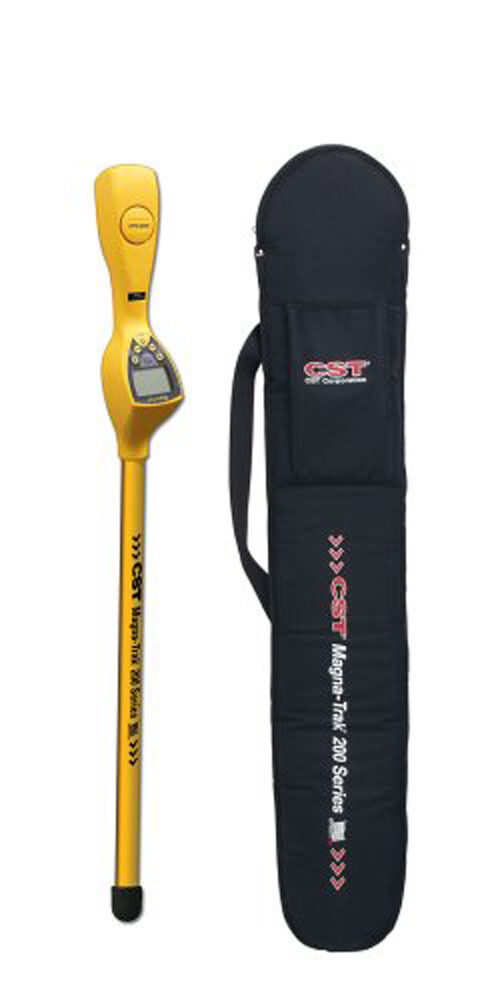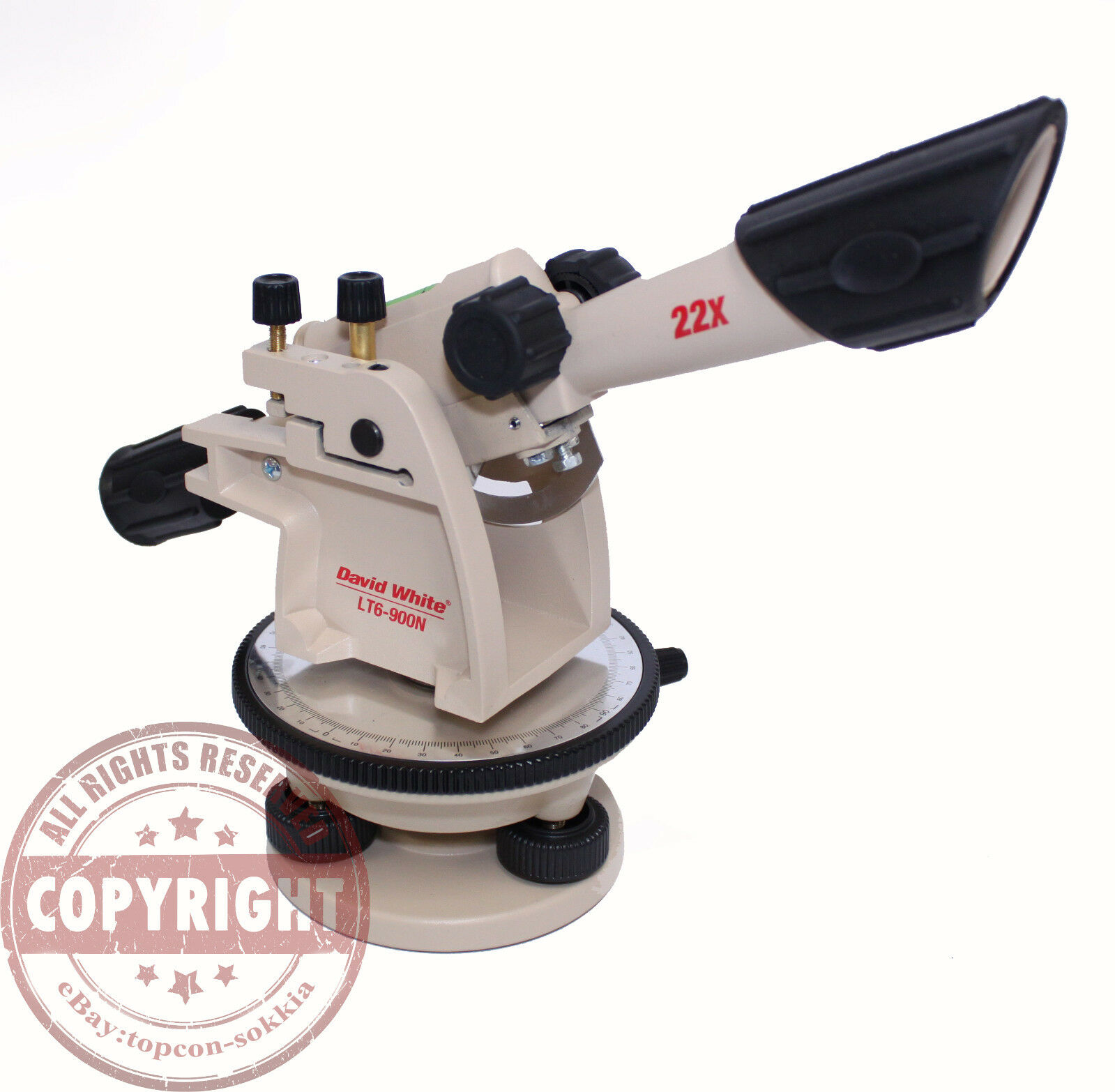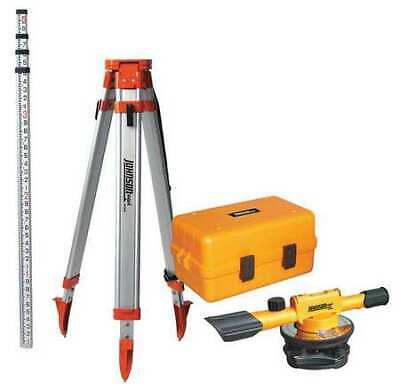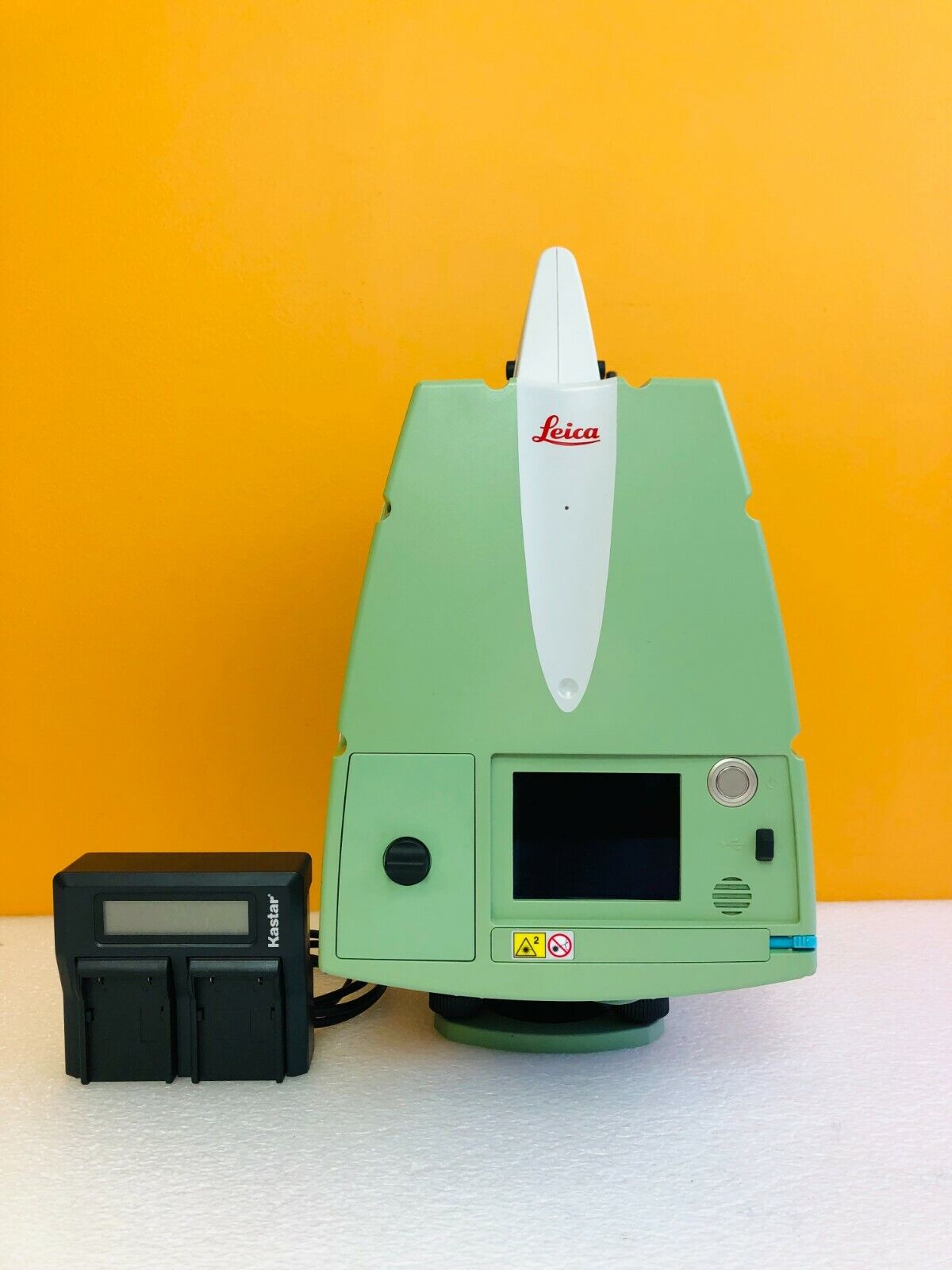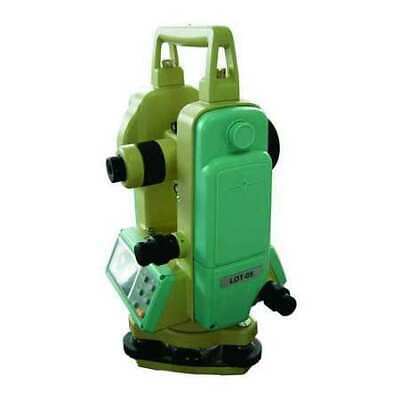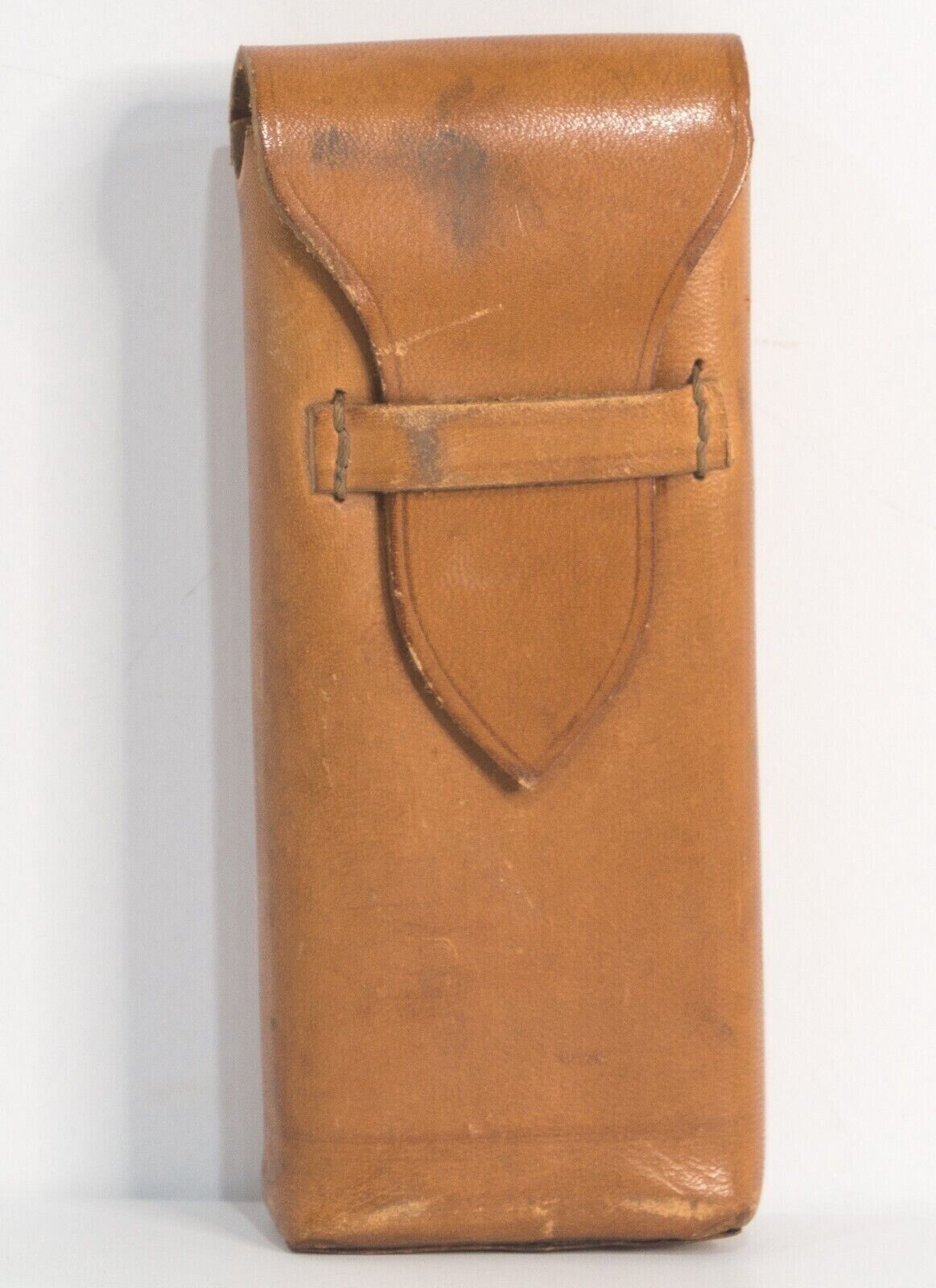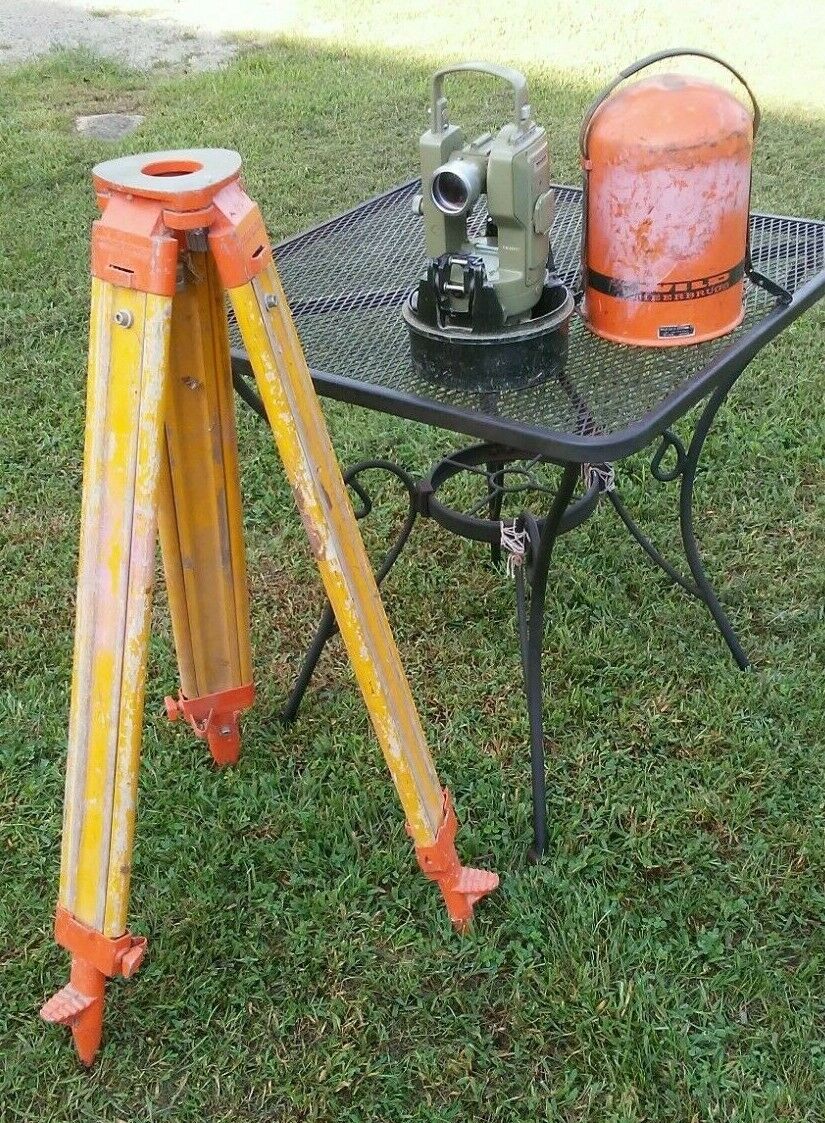-40%
Antique Wissler St. Louis Brass Transit Surveying Instrument in Dovetail Box
$ 66
- Description
- Size Guide
Description
Nice Wissler - St. Louis Transit Surveying InstrumentBrass Transit with full level
In g
reat original dovetail box!
Handle on top of the box is also marked Wissler - St. Louis
Looks complete with small metal "plumb" in it's place.
Please see photos
Check out my other great listings!
Some interesting facts....
Adolph Wissler (1866-1926)
(surveyhistory.org)
Adolph Wissler was born in St. Louis on August 10, 1866, the son of Ludwig Louis Wissler and Johanna Wissler both formerly of Baden, Germany. Beginning in 1881 he worked as a machinist before going into business for himself.
With the dissolution of the firm of Blattner & Adam in 1891, Adolph Wissler bought their mathematical instrument division. He conducted business under several names through the years. In the 1900 city directory he was listed as "Wissler, Adolph, Surveying Instruments", by 1905 he was doing business as the Wissler Instrument Works. That company was sold to David White of Milwaukee in 1929 but continued in St. Louis as the Wissler Instrument Company until 1944 when it was moved to Milwaukee and absorbed into the David White Company.
The Wissler Instrument Works was dedicated exclusively to the manufacture and repair of engineering, surveying and scientific instruments. He stressed they combined in their instruments the accuracy and finish of European craftsmanship with the lightness and durability desired by American engineers. They stood firmly behind and believed in their products. In their catalog was the statement, “We positively guarantee the accuracy and workmanship of all instrument of our make.”
Adolph Wissler, although trained in the Old World tradition, was progressive, open to suggestions for improvement and innovation. His literature stated he was willing to incorporate suggestions regarding details of construction that his clients found desirable. On July 24, 1917 he was granted patent number 1,234,520 for a combination level and transit. The principal feature of this instrument was fixed trunnions (unlike earlier combination instruments) on the telescope, which allowed the rapid conversion from level to transit without the necessity of carrying extra parts to perform the conversion. Many examples of this instrument are existent today.
Wissler not only manufactured instruments under his own name but also provided instruments for other dealers including A.S. Aloe & Company and Louis Ruckert. He put the Aloe name on the eyepiece assemblies of at least some of the instruments sold to them. There are A.S. Aloe convertible levels with “Made by A. Wissler” stamped on the back of the tab that contains the horizontal circle vernier.
